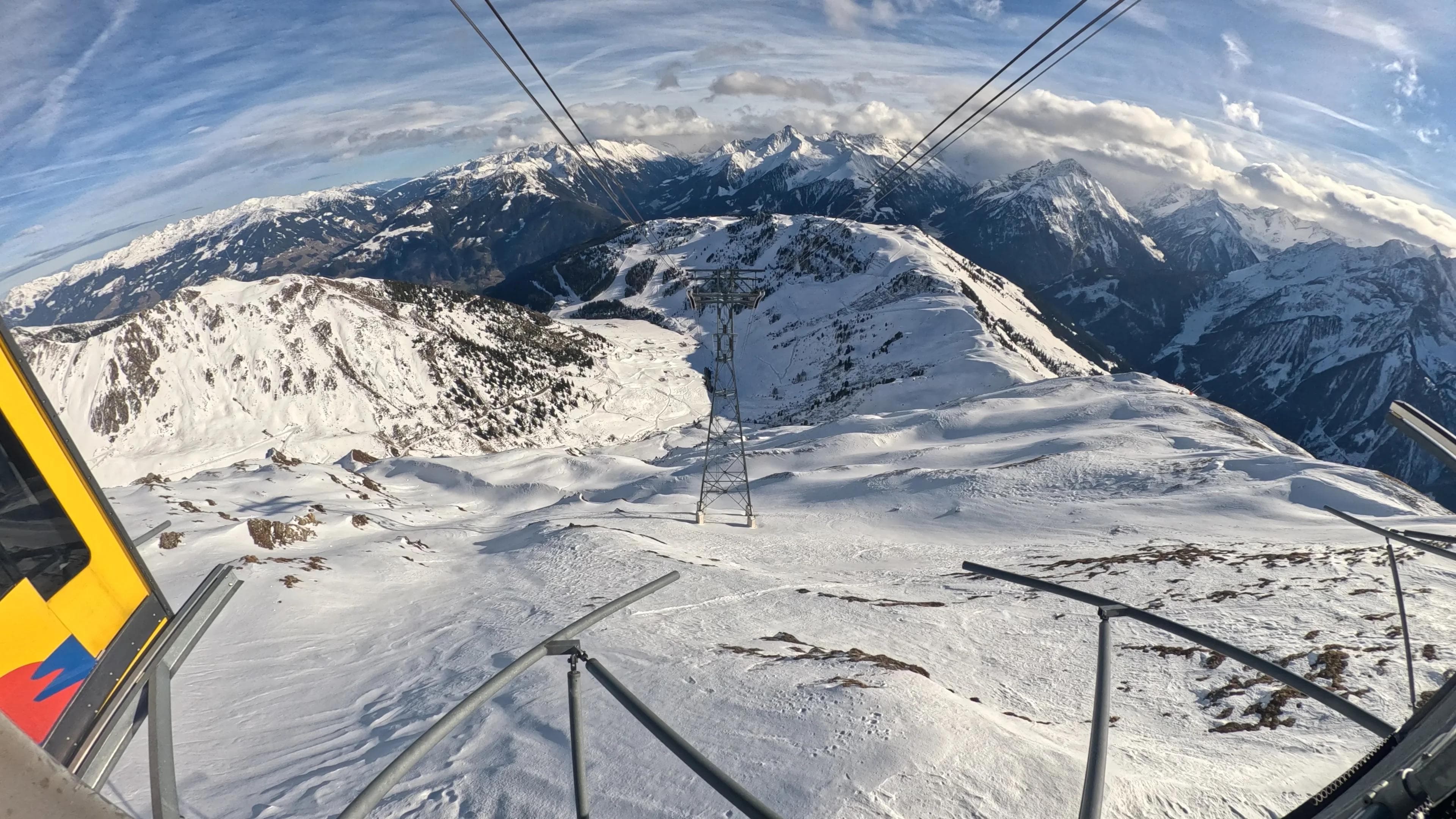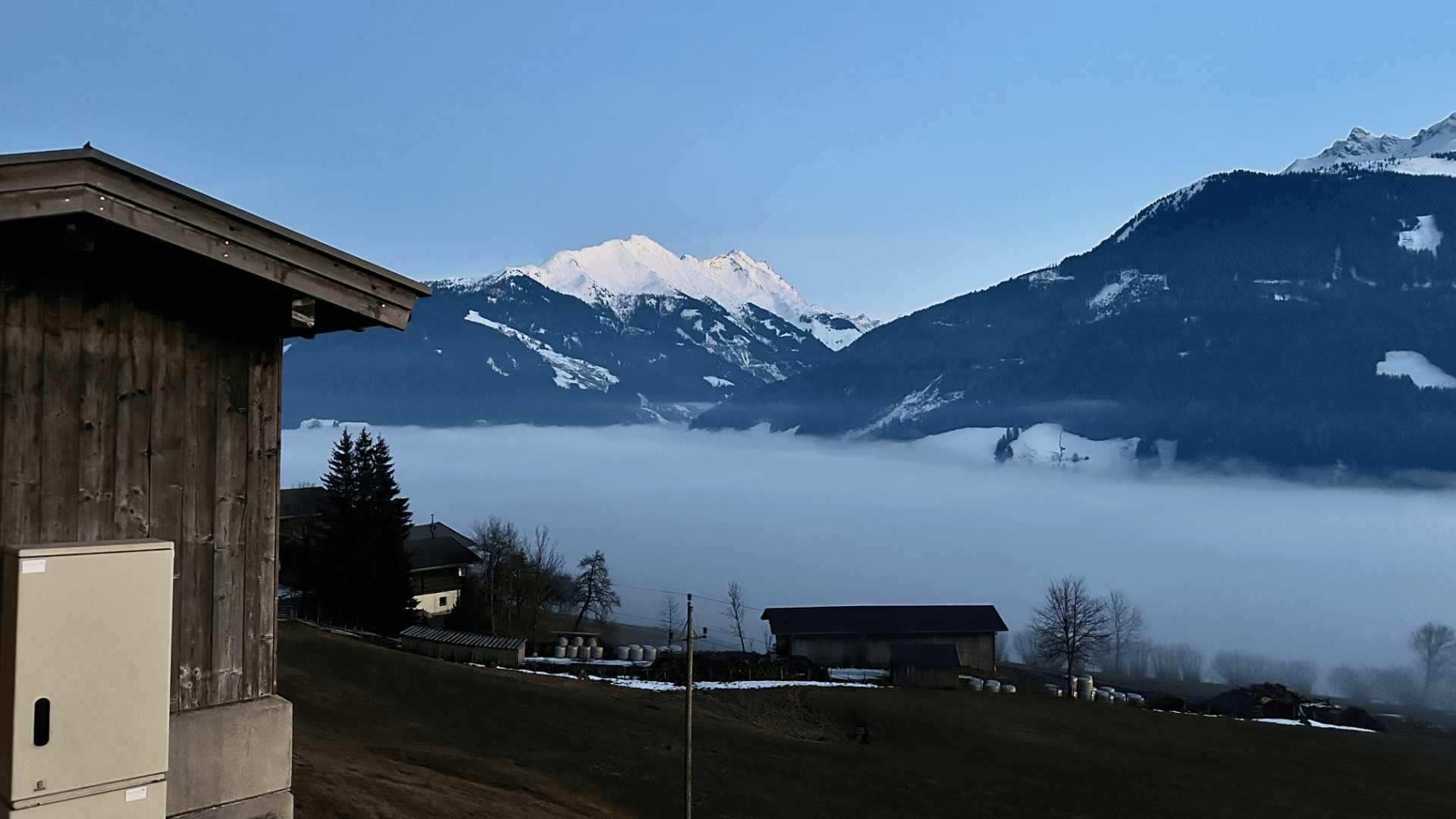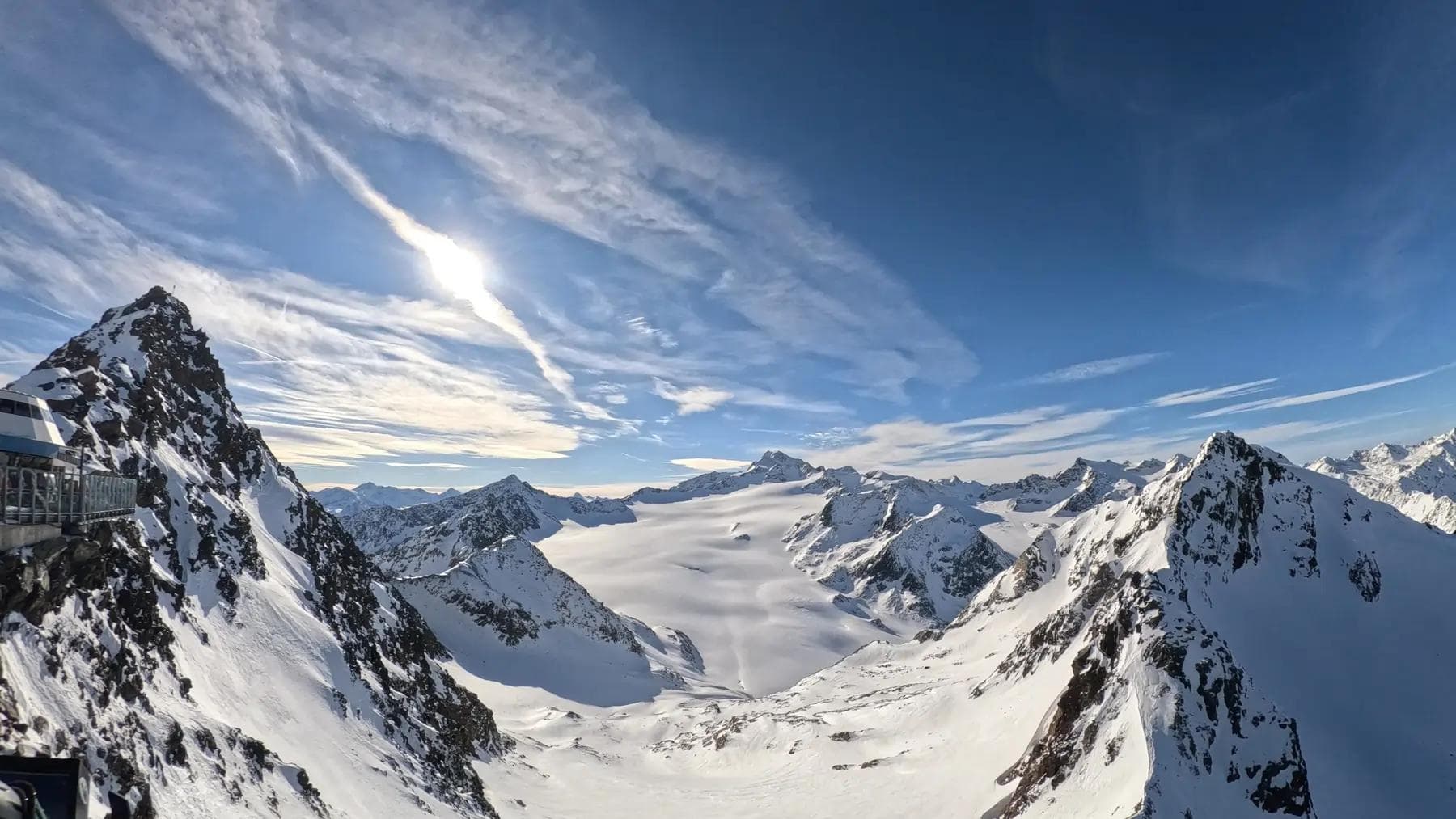
Tyrol's Winter Tourism Season Shows Resilience Amid Challenges
Published Date:
Tyrol's Tourism Industry Adapts to Changing Winter Landscape
Tyrol's tourism industry is navigating a complex winter season for 2024/25. The region has seen a slight decline in visitor numbers, with arrivals down 0.8% and overnight stays decreasing by 1.3% compared to the previous year. These figures, covering the period up to the end of March, don't include the Easter holidays, which fell in April this year. When accounting for this shift, the season is expected to balance out.
The first half of the season, from November to January, performed well. However, the latter half faced challenges including limited natural snow and reduced winter ambiance in key markets. Despite these obstacles, ski resorts maintained good piste conditions throughout the season.

Tyrol recorded 24.1 million overnight stays and 5.5 million arrivals over the first five months of the winter season. The average stay remained steady at 4.4 days. Different market segments showed varied performance. German visitors, a key demographic, saw a 4.7% drop in overnight stays. In contrast, visitors from the Netherlands increased by 4.2%, and domestic Austrian tourists rose by 2.2%.
Accommodation types also saw different trends. Commercial holiday apartments grew by 4.8%, while hotels across all star ratings experienced slight declines. This shift reflects changing visitor preferences and market dynamics.
The tourism industry's ability to adapt has been crucial. While skiing remains central to Tyrol's winter appeal, resorts are diversifying their offerings. Many now provide a 'Skiing Plus' experience, incorporating activities like winter hiking, wellness services, and culinary experiences alongside traditional slope-based activities.

Looking ahead, the industry is cautiously optimistic about the upcoming summer season. Around 75% of accommodation providers report satisfactory or better booking levels for the period starting May 1st. German bookings are particularly strong, with 92% of providers reporting levels equal to or better than last year.
Tyrol's ski resorts have shown resilience in the face of various challenges. They've adapted to changing weather patterns, evolving visitor expectations, and economic pressures. Many resorts have invested in snowmaking technology to ensure reliable conditions, while also expanding their non-ski offerings. This approach has helped maintain Tyrol's position as a leading ski destination, even as the industry navigates a changing climate and shifting market demands.
The region's tourism sector continues to be a significant economic driver, with an estimated value added of EUR 3.6 billion for the 2024/25 winter season. This figure, while slightly below the previous year, demonstrates the industry's ongoing importance to Tyrol's economy and its ability to maintain stability in challenging conditions.


